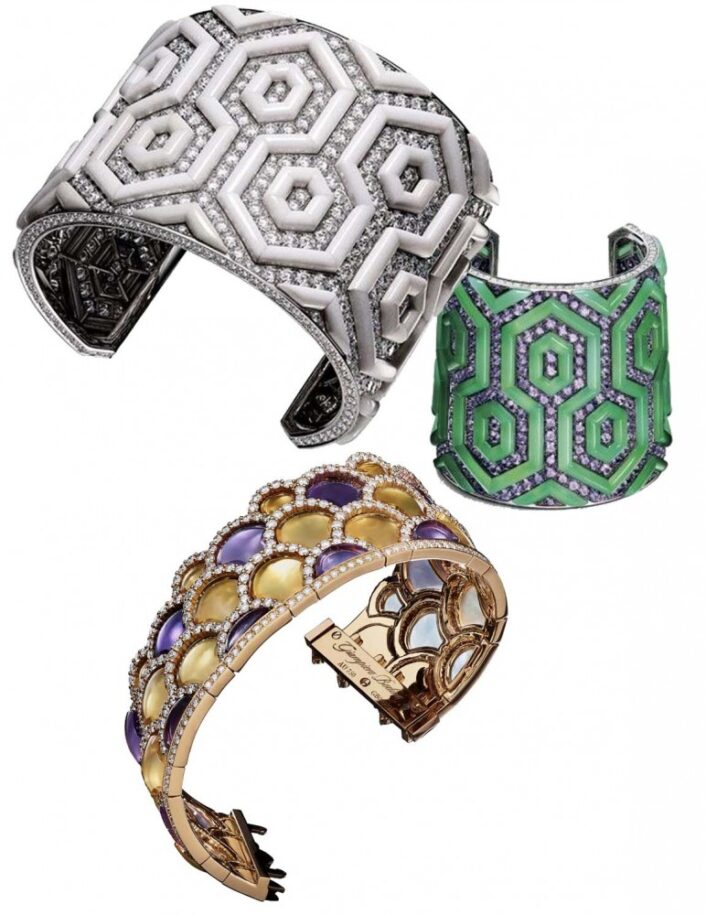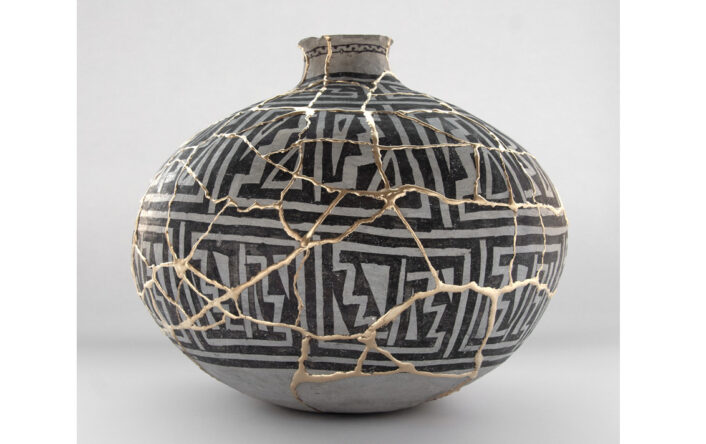Culture
Dead Sea Scrolls discovered
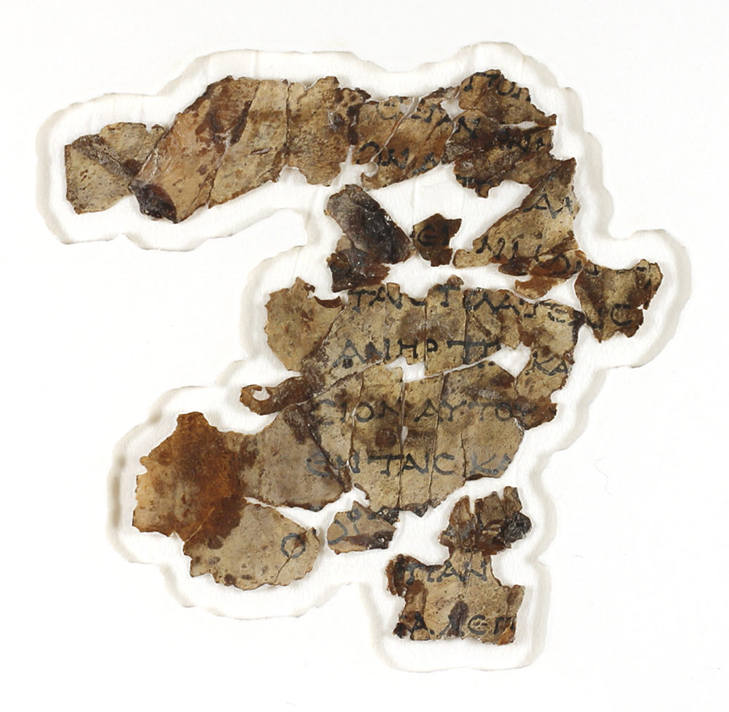
Fragments from the Book of the Twelve Minor Prophets, on a scroll.
Image courtesy of: WBUR, photographed by: Orit Kuslansky Rosengarten
In March of this year, archeologists discovered the first ancient Bible texts to be found in sixty years. The unearthed ancient fragments date back almost 2,000 years. The story was pieced together… they were hidden during a revolt against the Romans.
The tiny fragments help bring an understanding to the early history of Judaism, early Christian life, and early mankind as a whole. This important discovery came as part of a four-year Israeli national project that was implemented in order to prevent the looting that previously occurred in the remote caves of the desert not far away from Jerusalem and the occupied West Bank territories.
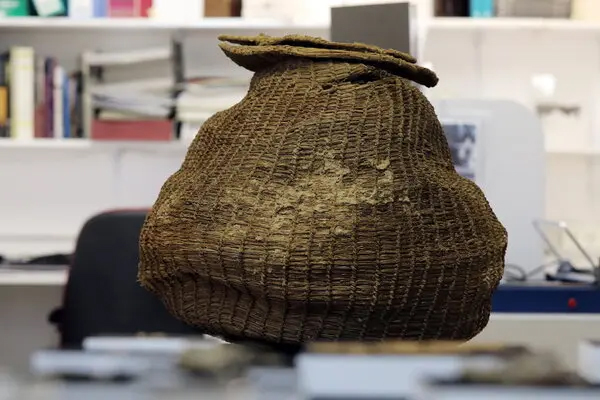
An ancient basket with a lid, recently discovered in Judean Desert caves
Image courtesy: The New York Times
In addition to the minuscule fragments, a 10,5000-year-old basket was also uncovered. The Israel Antiquities Authority confirmed this to be the oldest basket ever discovered. Amazingly, the basket was found completely intact. Oren Ableman, a Dead Sea Scrolls scholar and member of the Israel Antiquities Authority team said (courtesy of WBUR), “It looks completely new but it turned out to be 10,500 years old, which makes it, to the best of our knowledge, the oldest complete basket ever discovered anywhere in the world.”
Specifically, the large basket was found at Murabaat Cave in the Judean Desert. Archaeologists have dated the basket to the pre-pottery Neolithic period. It is thanks to the area’s arid climate that this item, among others, has been able to survive in perfect condition for so many years.
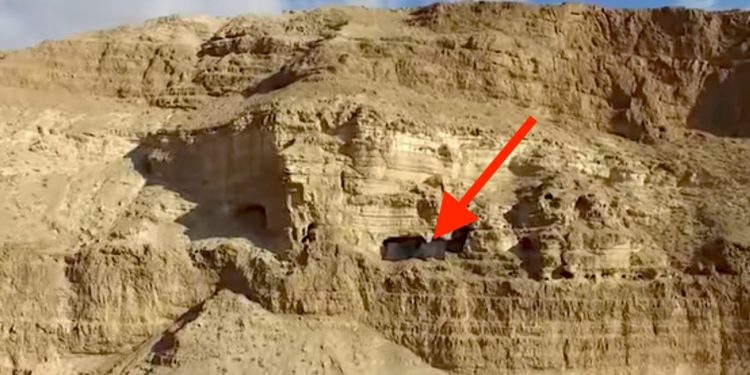
The exact spot where the latest discoveries were found.
Image courtesy of: DNYUZ
The latest discoveries were made in a cave called Cave of Horrors, aptly named for the atrocities that occurred there. When the Romans discovered the refugees in the cave, they were kept imprisoned until they starved to death. The fragments found were written in Greek by two scribes; they came from a scroll that was found in the cave, south of Ein Gedi. The revolt, Bar Kokhba, occurred almost 1,900 years ago.
When archeologists first arrived, they found the refugees’ skulls and bones placed in baskets in the cavern. In order to reach the cave, a team had to rappel down a 80-meter cliff. Cave of Horrors was named such for two reasons; the first is due to its dangerous location and the second is because of the forty skeletons of men, women, and children that were found there during the 1960’s excavations.
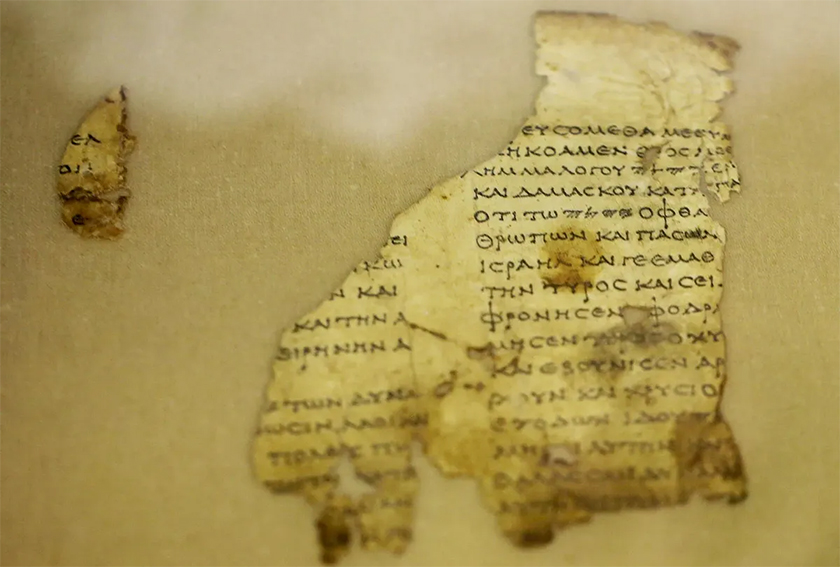
Researchers were able to reconstruct eleven lines of text from Zechariah which include, “These are the things you are to do: Speak the truth to one another, render true and perfect justice in your gates. And do not contrive evil against one another, and do not love perjury, because all those are things that I hate — declares the Lord.”
Image courtesy of: Salon
For the first discovery of Jewish religious text in more than fifty years, the scrolls found were Greek translations of the books of Zechariah and Nuhum from the Book of the Twelve Minor Prophets. These fragments were radiocarbon-dated to the 2nd-century AD. Interestingly, the name God is written in Hebrew and not Greek.
Ableman explained the text (courtesy of Press Herald), “We found a textural difference that has no parallel with any other manuscript, either in Hebrew or in Greek.” The researcher signaled to the slight variations in the Greek rendering of the original in Hebrew, compared to the Septuagint (a translation of the Hebrew Bible to the Greek made in Egypt in the 3rd and 2nd centuries B.C. Ableman continued, “Another exciting aspect about this scroll is that despite most of the text being in Greek, the name of God appears in ancient Hebrew script, known from the times of the First Temple in Jerusalem.”
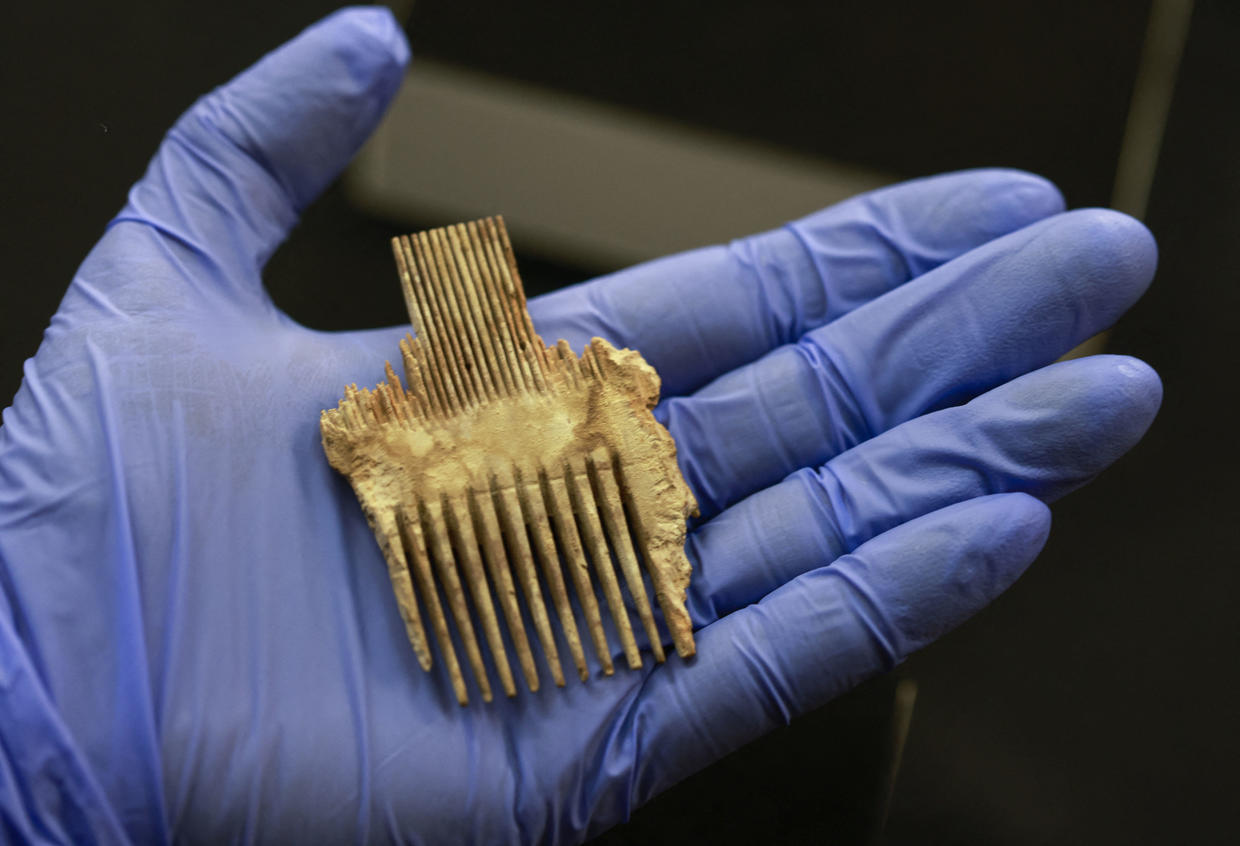
One of the antique artifacts found in March was a lice comb from the Bar Kochba Jewish revolt period.
Image courtesy of: CBS News, photographed by: Menahem Kahana
Finding these discoveries was important for more than the obvious reason. This time, the archeologists were not chasing robbers… it was the other way around. For the past four years, Israeli archeologists have worked tirelessly to clear through the caves within the canyons of the Judean Desert. The aim is to find the remaining scrolls and artifacts prior to plunders disturbing the desolate sites. If found by robbers, the archeological sites would be potentially harmed and the antiquities found would end up on the black market.
Ever since the first Dead Sea Scrolls were discovered over seventy years ago, reaching these remote caves has been the Israel Antiquities Authority’s aim. In 2017, this current operation was launched. The group’s director, Israel Hasson said in a statement (courtesy of: DNYUZ), “We must ensure that we recover all the data that has not been discovered in caves before the robbers do. Some things are beyond value.”
